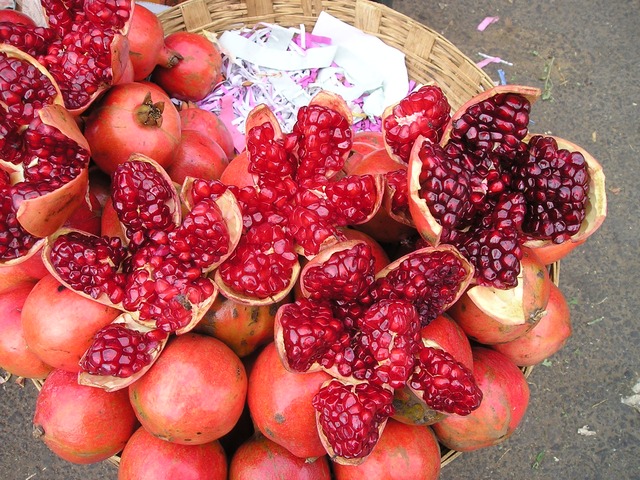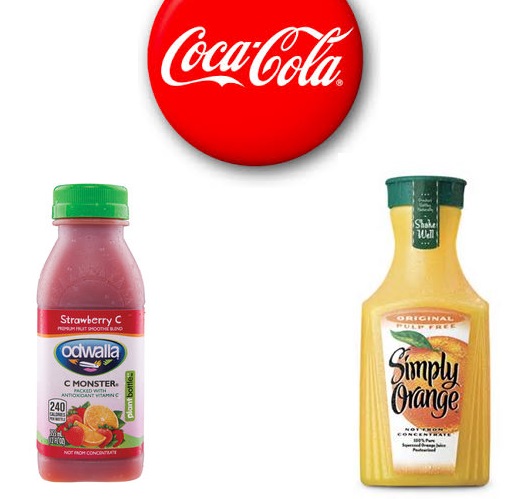Pomegranates are one of the world’s most ancient foods. People have been eating them even as early as 3000 BC. Pomegranates were found in King Tut’s tomb. Archaeologists have also found them (carbonized) in places such as Jericho and Cyprus and in Egyptian tombs. Pomegranates were also used in their entirety: the peel was used to dye leather while the flower was crushed to make red dye and the juice was used as tonic to kill parasites. Whew, that’s intense. Now we just eat the seeds and throw everything else away.

Pomegranates have grown to fame in the last 10 years. Many pomegranate juice brands have emerged in the wake of public knowledge of the fruit’s health benefits. Consumption has skyrocketed delivering many antioxidant compounds to the public at large. The fruit offer protection against heart disease and cancer due to the high content levels of flavonoids and polyphenols and potent antioxidants. Just 1 glass of pomegranate juice has more antioxidants than blueberries, cranberries and green tea.
Slowly but surely, the juices have lessened in quality. It has been found that pomegranate juice now gets combined with grape and apple juice to make it less expensive and to make it taste sweeter. Products labelled “100% pomegranate juice” may also be filled with other juices, high fructose corn syrup or sugar water. (FDA where are you?!) If you are already an avid juicer you most likely already know about the ridiculous labeling that gets put onto juices just to make the consumer think “they are good for you”. It’s their marketing technique they use to get you to buy their juice. It’ll always be harder to use a masticating juicer, but the benefits will be infinitely greater.
As you may know sometimes manufacturers even sneak in clouding additives to make the juice look “fresh-squeezed”. The one most often used is a chemical known as “phthalates” which has been found to make people sick. Around 4,000 people in Taiwan have become sick from ingesting products that included this substance. This is the same chemical you can also find in plastic.
Now, if you really want to get the benefits of the pomegranate juice 100% I’d suggest juicing it yourself. It’s not that hard at all, you just need to use the proper juicer. In fact you can go to your local Farmers Market as they are in season right now (November) and buy 4 of them and juice your very own glass of pomegranate juice. You can also buy them in bulk and put them in a plastic bag in the refrigerator and they will last for at least 2 months. It costs much less than buying 100% pure pomegranate juice and there are way more health benefits when you juice yourself. When you juice fresh and then drink it right away you get close to 100% of the nutritional value of the juice as opposed to purchasing it even if it’s been freshly made that morning you get about 65% of the nutritional value of the juice.
As an aside note you may want to get a pomegranate deseeder that helps you get all the seeds out of the pomegranate much faster without having to get all messy. You can order it on amazon here: The Pomegranate Tool



